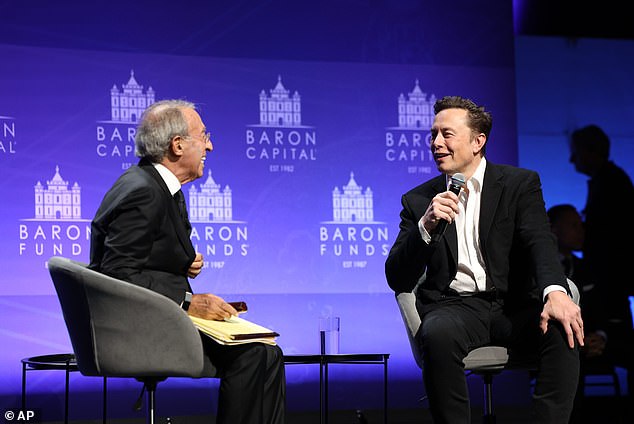
There has been a marked increase in Britons’ thirst for caffeinated drinks: at least 600 million liters are drunk each year, 200 million more than ten years ago.
Figures from the British Soft Drinks Association reveal that the volume of energy drinks consumed in the UK rose from 463m liters in 2010 to 679m liters in 2017, with the UK market now worth £2bn million a year.
About 55 percent of people ages 12 to 24 suffer from everything from vomiting and chest pains to even seizures from drinking, even though most consume less than the recommended one to two drinks a day found a Canadian study.
Previous research has linked energy drinks, such as Red Bull, to obesity, heart abnormalities, and even sudden death due to their high sugar and caffeine content.
Most energy drink consumers are unaware of the products’ main ingredients, health implications or appropriate serving sizes, experts say.
How much caffeine do they contain?
A 250ml serving of a typical energy drink (half the size of a standard bottle or can) contains 80mg of caffeine per litre, double that of a regular cola, but the same as a 60ml espresso.
Experts have warned that caffeine-packed energy drinks could be driving a record rise in diagnoses of irregular heartbeat, a leading cause of death in Britain.
Just one energy drink a day could trigger arrhythmia, an abnormal heart rhythm that increases the risk of stroke fivefold.
This is thought to be because excessive caffeine consumption dramatically increases the amount of calcium released within the cells of the heart, disrupting the electrical rhythm.
Experts also warn that the addition of large amounts of sugar in energy drinks could be a reason for their potency.
How much sugar do they contain?
Campaigns, such as Action on Sugar, have called for a complete ban on products for those under 16 years of age.
Their study in December 2017 found that the average sugar content was more than the total maximum daily recommendation for sugar intake for an adult in the UK.
Also, 78 percent of the products exceeded the maximum daily recommendation for sugar intake for a child aged seven to ten 10 years: 24 g or six teaspoons.
Certain manufacturers reformulated before the soft drink industry tax in April 2018 in the UK.
It would mean that a 250ml Red Bull energy drink containing 27g of sugar (five and a half teaspoons) now costs an extra 6p.
Prior to reformulation in 2017, Rockstar’s Punched Energy and Tropical Guava Flavor products contained a staggering 78g, or 20 teaspoons, of sugar per 500ml serving, more than triple the daily recommendation of 25g for women and 38g for men.
Now, these drinks contain 24 g of sugar per 500 ml, the equivalent of six teaspoons per 500 ml.









